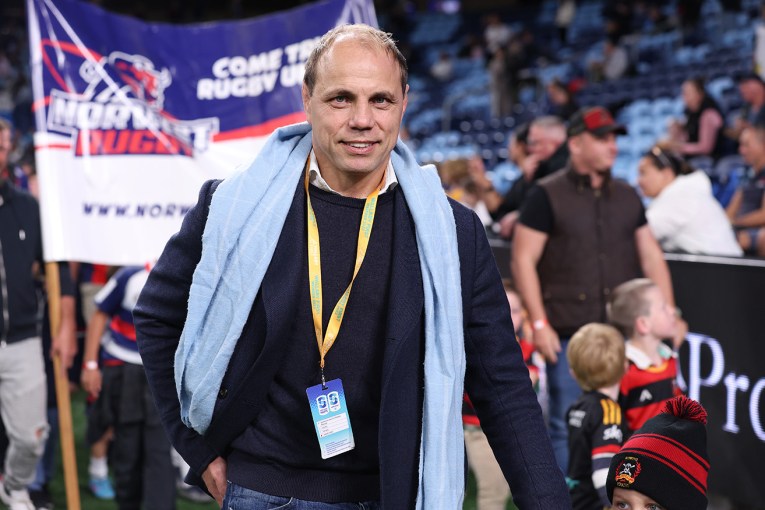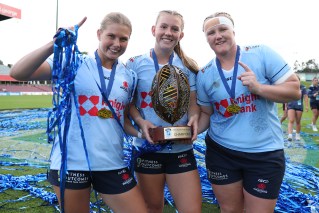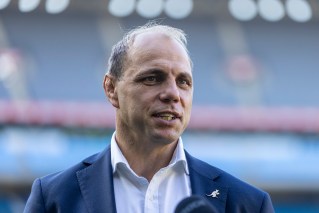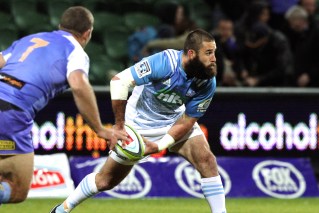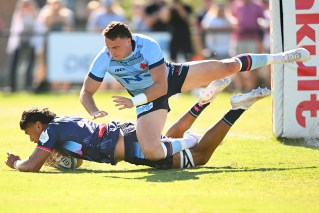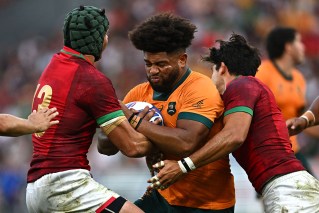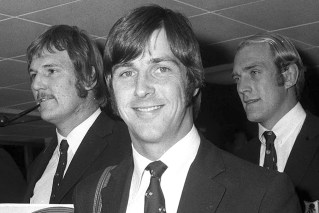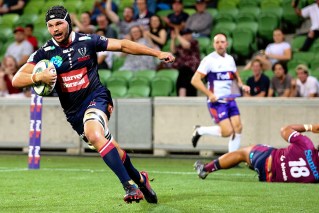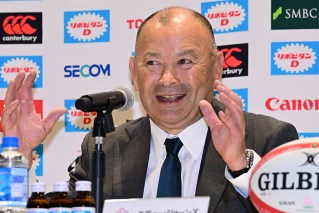Where have all the Wallabies fans gone?
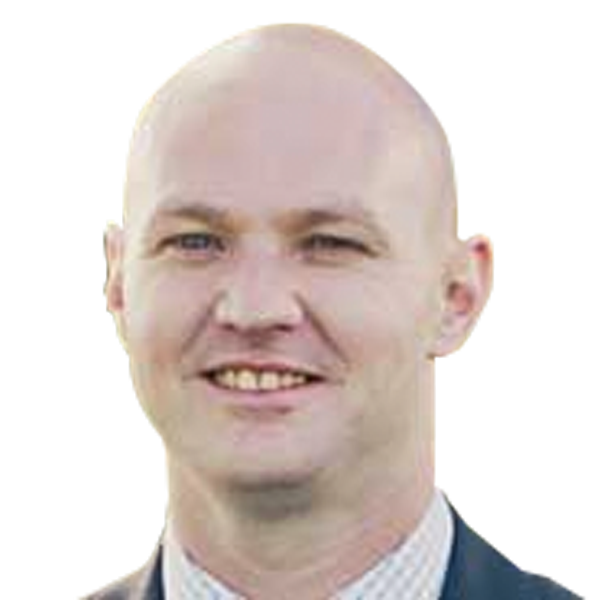
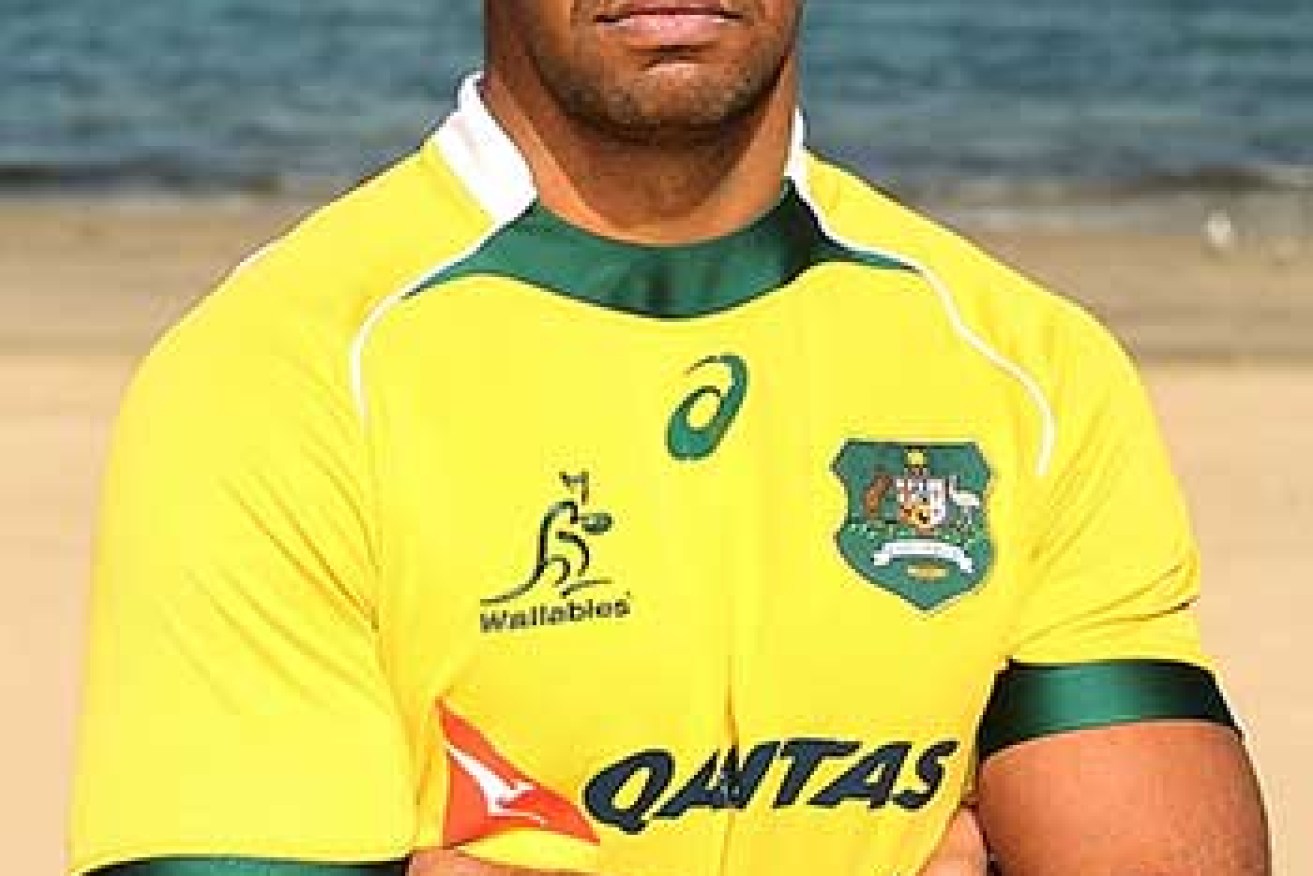
Controversial star Kurtley Beale. Photo: Getty
The Rugby World Cup gets underway in three weeks and two-time winners Australia head in with the Rugby Championship trophy in its keeping – so where’s the hype from the traditionally optimistic Wallabies-loving public?
The Wallabies are perennial contenders for the crown.
They boast an exciting squad brimming with youthful exuberance and world-class veterans, a coach that won a Super XV title last year, and recent victories over teams on the first and third lines of World Cup favouritism.
• Israel Folau wins John Eales Medal again
• This country wants pubs to open 68 hours straight
• Ex-Wallabies captain Horwill misses World Cup
Yet enthusiasm for the 15-a-side game seems to be wallowing at mid-World Cup cycle levels.
Coach Michael Cheika’s announcement of his 31-man squad certainly caused some news ripples – largely due to the high-profile omissions and contentious decision to take only two specialist hookers and halfbacks.
The team’s public farewell at Martin Place on Thursday was most notable for Cheika fielding questions about his hooker gamble and revealing he cancels training sessions if his charges aren’t performing up to standard.
The Wallabies could have been forgiven for questioning if the whole country was actually behind their campaign, such was the modest turnout in downtown Sydney, seemingly consisting of a clutch of diehards, office workers wandering past on their lunch break and the odd schoolkid.
So what’s the reason for the apparent apathy?
The Wallabies’ Eden Park thrashing at the hands of the All Blacks in their last pre-World Cup hit-out?
The inability to settle on a No.10, and in particular long-time linchpin Quade Cooper’s increasingly erratic performances?
Their placement in the ‘pool of death’?
A hangover from the Kurtley Beale-Di Patston-Ewen McKenzie fiasco of 2014?
Or a general decline in the code’s popularity in Australia?
Perhaps it’s a disconcerting combination of all of those factors.
A last-gasp win over South Africa at Suncorp Stadium and a stirring ANZ Stadium triumph over an out-of-sorts New Zealand (after a 10-match winless streak against the world champs) provided Australia with its first Rugby Championship success since the 2011 Tri-Nations.
But a 41-13 defeat to the rejuvenated All Blacks in Auckland – which was every bit as bad as the scoreline suggested – eroded any confidence that had built up.
There is an underlying sense that while the Wallabies may be able to jag the odd win over their trans-Tasman foes, they can’t topple the ABs in the ones that matter.

Wallabies vice captain Michael Hooper. Photo: Getty
Australia’s Bledisloe Cup hoodoo stretches back to 2002, while the green-and-golds were trounced 20-6 by New Zealand in the 2011 World Cup semi.
The Wallabies can only dream of achieving the feats of their predecessors, who bundled the All Blacks out of World Cups in 1991 and 2003, and notched a stack of Bledisloe and Tri-Nations victories in between.
It’s no secret every World Cup-winning outfit has possessed a top-shelf flyhalf – the roll of honour reads Fox, Lynagh, Stransky, Larkham, Wilkinson, James and Cruden (with a cameo from Stephen Donald) – and that is a glaring chink in the Wallabies’ armour heading into this tournament.
Cooper was poor against South Africa and Argentina, but was nevertheless a beneficiary of an inexplicable six changes Cheika made to a winning side for the Eden Park Test.
The enigmatic ball-player’s diabolical display – which culminated in him incurring a match-turning penalty try and yellow card for an ugly high tackle – was bewilderingly defended by Cheika post-match, while Cooper bizarrely gave a glowing self-appraisal.
Cheika clearly doesn’t trust his Waratahs shot-caller Bernard Foley to steer the ship, while squad alternatives Matt Giteau and Matt Toomua aren’t genuine specialists in the key role.
But persevering with Cooper is a surefire road to World Cup ruin.
The situation is only mildly rosier at halfback, with incumbent Nic White left behind and out-of-sorts duo Nick Phipps and Will Genia left to vie for the No.9 jumper.
For all the Hoopers, Pococks and Folaus in the Wallabies’ line-up, they need consistency and direction in the playmaking positions – particularly given their phenomenally difficult path out of the group stages.

Controversial star Kurtley Beale. Photo: Getty
In arguably the toughest pool in World Cup history, Australia must overcome hosts England and a dogged Wales outfit (meaning three of the top seven nations are grouped together), while Fiji is no gimme.
Finishing second in the pool offers little respite: a likely quarter-final date with the Springboks to qualify for a semi-final meeting with the All Blacks.
But is the team’s up-and-down performances (which include a humiliating loss to Argentina just 11 months ago) and sketchy prospects of success the main reason fans are tuning out with the code’s biggest event just around the corner?
Australian rugby union’s image has taken a battering not only thanks to the frequent indiscretions of Beale, Cooper and James O’Connor et al, but courtesy of the myriad second chances handed to these repeat offenders.
The depth just isn’t there for the Wallabies to be able to jettison their most talented players – and it’s hard for non-dyed-in-the-wool fans to fully get on board with a team that tolerates such unlikeable figureheads and isn’t winning.
But participation levels are still comparatively high – a record 687,488 people enjoyed rugby experiences nationally in 2014, an increase of 12 percent on the previous year.
Meanwhile, 73,824 supporters packed into ANZ Stadium for the first Bledisloe Test, 5000 more than attended the corresponding clash in 2014.
Rugby union television viewership is also at unprecedented levels – the Sydney Test in 2014 and the recent Auckland clash are two of only three trans-Tasman matches to attract over 1 million viewers since 2008, the other being the 2011 World Cup semi – though it is, on the whole, a long way behind its main competitors, AFL, rugby league and football.
So perhaps the current pre-tournament malaise is only temporary, and the Wallaby army may soon mobilise.
New Zealand still hasn’t proven it has shed its propensity for choking, South Africa is a yard or two off the pace, and the Northern Hemisphere teams have been unconvincing – Australia, for all its ostensible shortcomings, is still in with a big show at this World Cup.
But at the moment, the silence is deafening.
